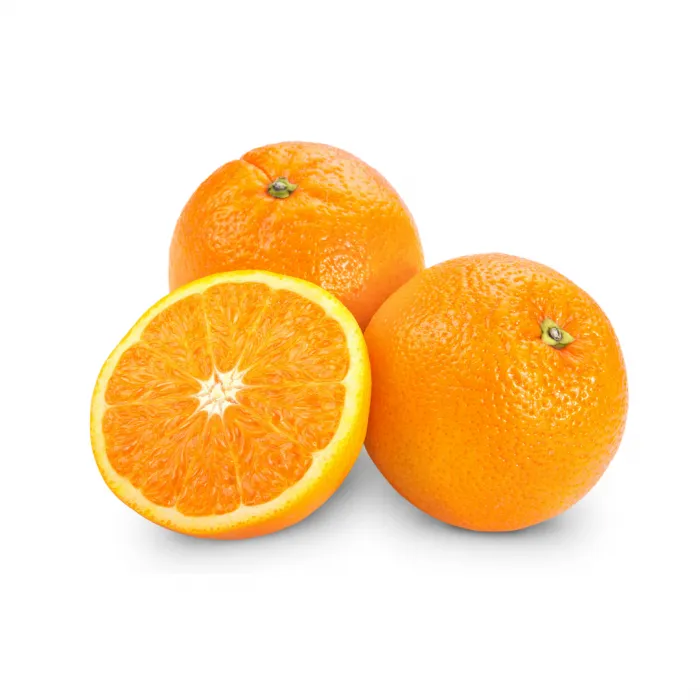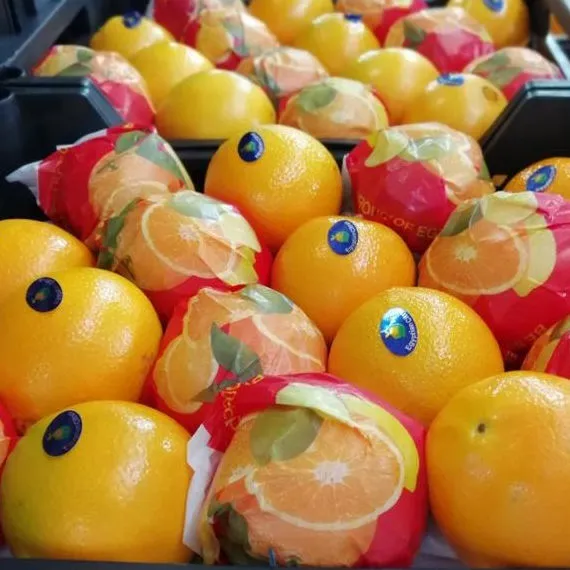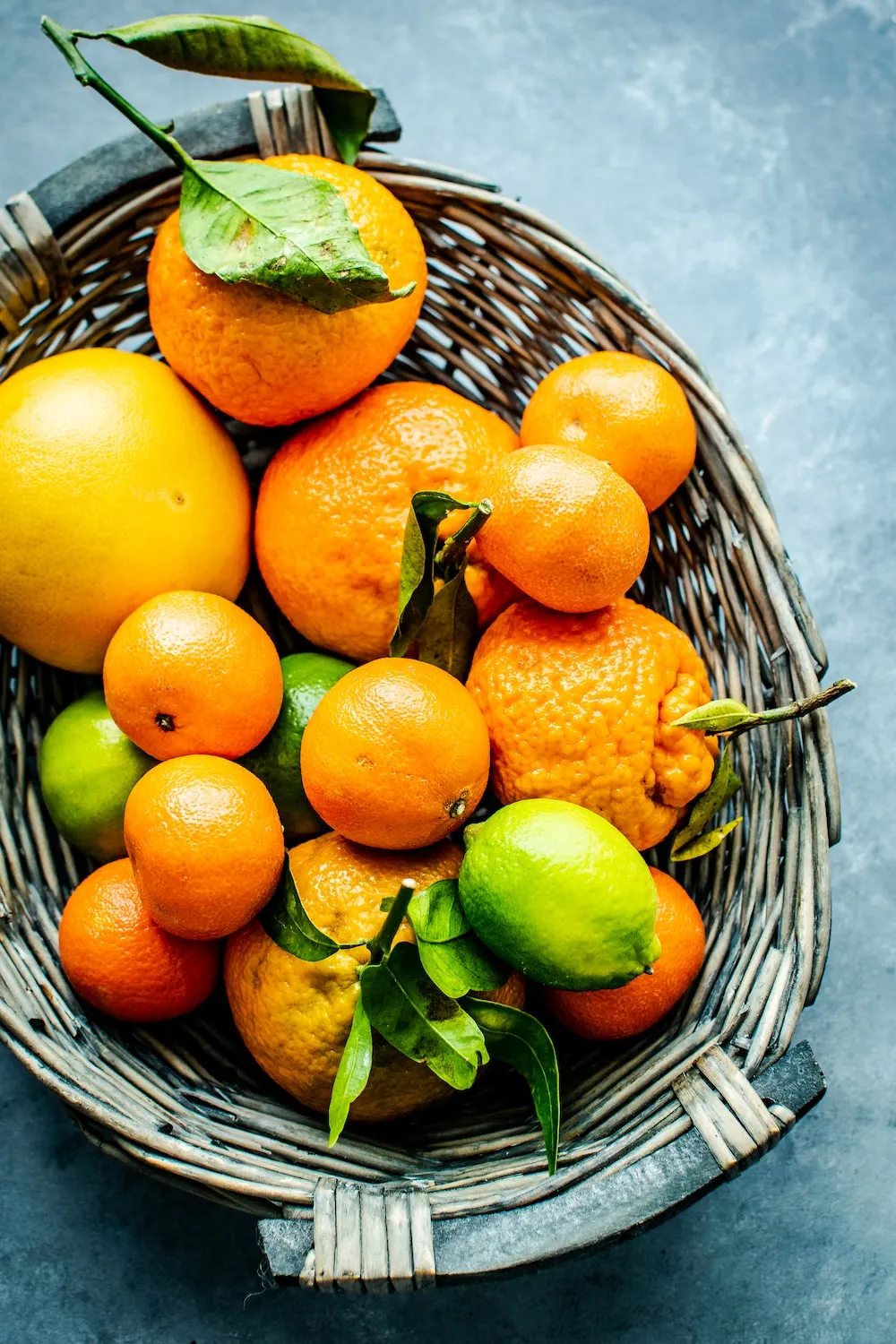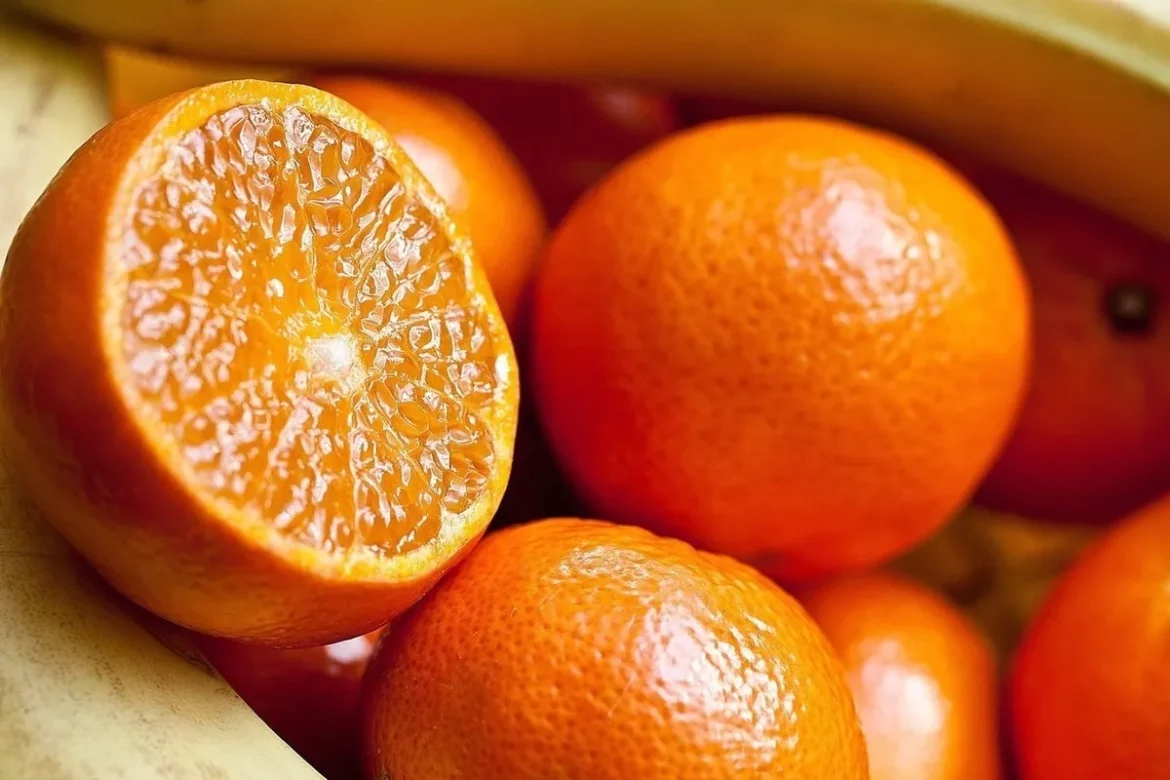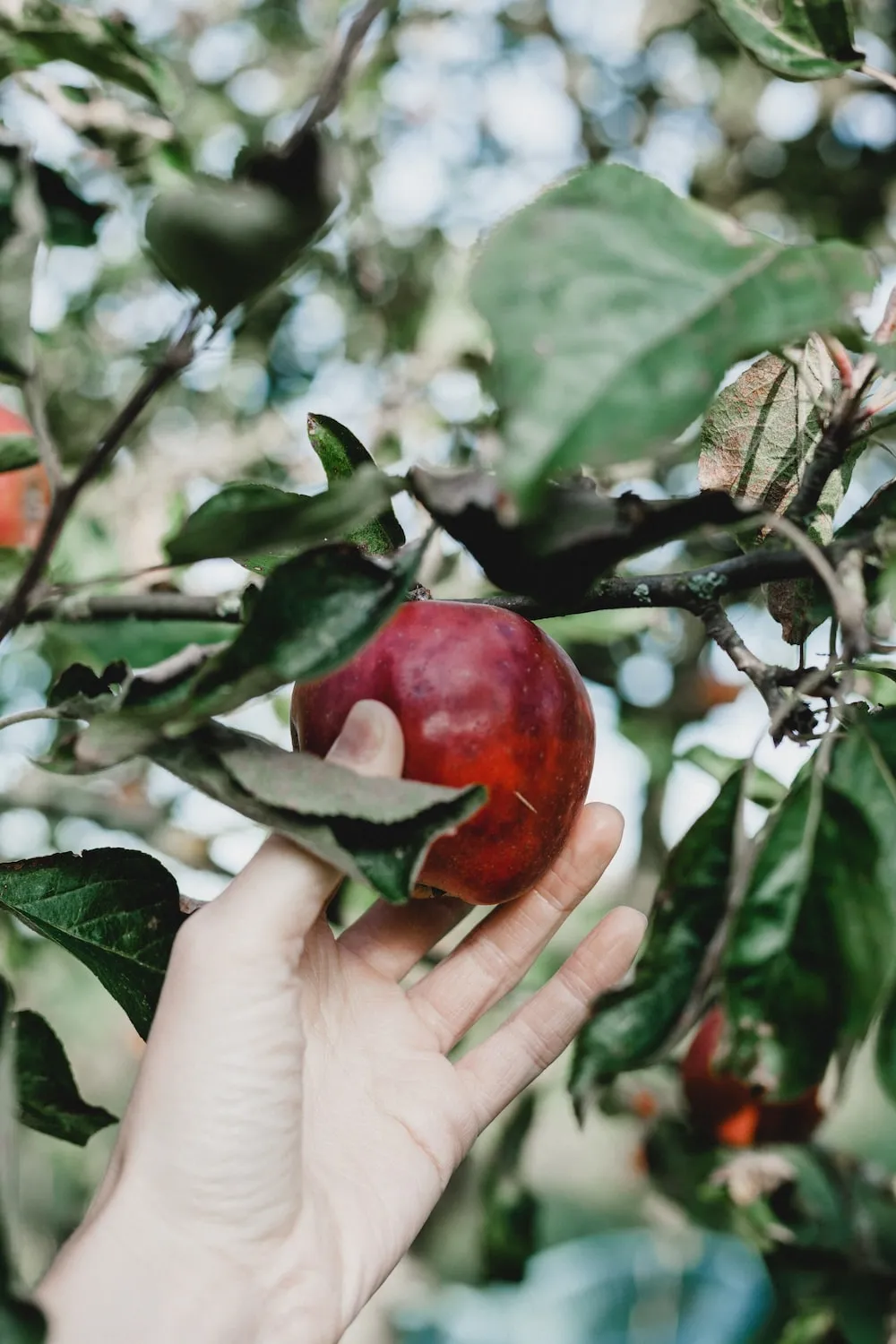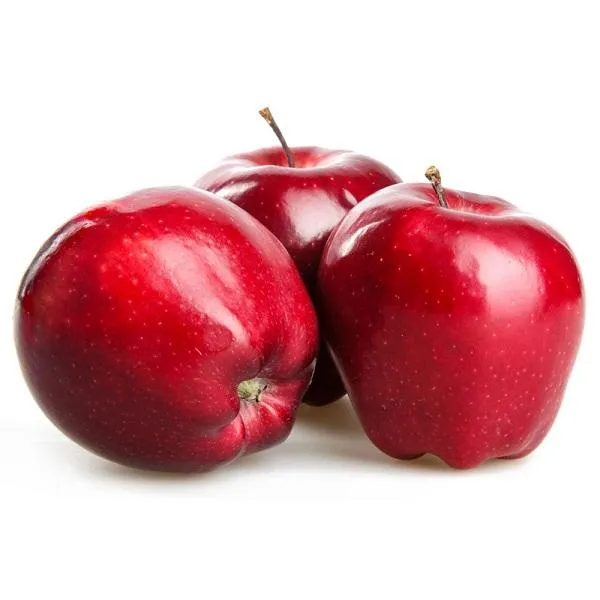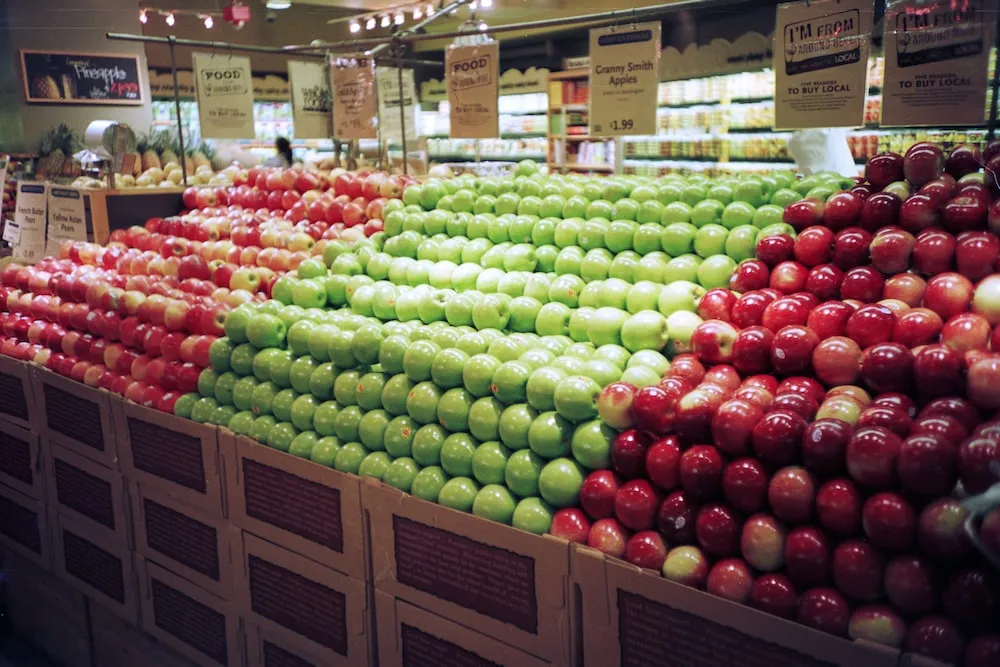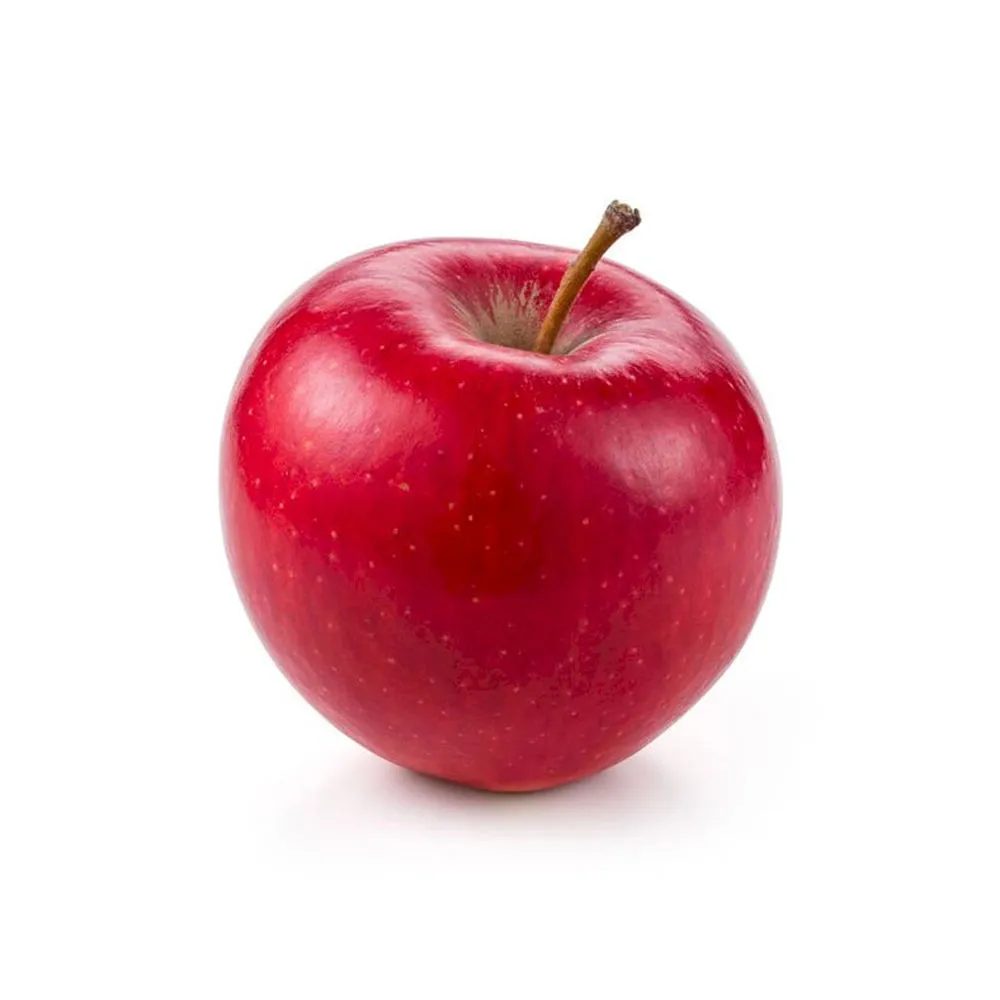The kiwi fruit, also referred to as the Chinese gooseberry, is a peculiar fruit that is loved for its vibrant green flesh and unique flavor. However, not many people are aware of the kiwi fruit’s origin plant and the factors that contribute to its high quality. In this article, we will explore the fascinating origins of this fruit, delve into the highest quality of kiwi fruit origin plants, and weigh the advantages and disadvantages of cultivating this remarkable plant.
Discuss kiwi fruit origin plant:
The kiwi fruit traces its roots back to the native forests of China, where it was initially known as the Yang Tao. The Chinese recognized the plant as a highly valued resource for centuries due to its remarkable medicinal properties. It wasn’t until the early 20th century when this intriguing fruit was introduced to the rest of the world.
The kiwi fruit, scientifically known as Actinidia deliciosa, is a climbing vine that belongs to the Actinidiaceae family. These vines are typically found in subtropical regions, thriving in warm temperatures and abundant sunlight. They require well-drained soil and plenty of water to flourish.
The highest quality of kiwi fruit origin plant:
To achieve the highest quality kiwi fruit, it is essential to consider several factors during the cultivation process. First and foremost, the choice of the kiwi fruit origin plant plays a crucial role. Cultivators must select healthy and disease-resistant vines. By choosing genetically superior varieties, farmers can ensure that the plants will have a better chance of producing high-quality fruits.
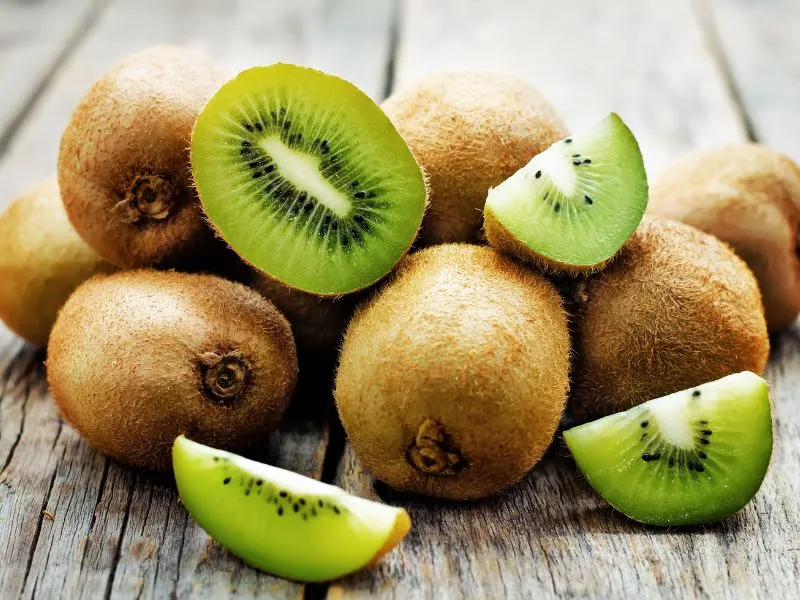
Additionally, proper care and maintenance are vital for obtaining superior kiwi fruit. Regular pruning is necessary to control the growth of the vines and improve sunlight exposure. Adequate fertilization, irrigation, and pest control are also crucial to enhance the quality of the fruit produced.
Advantages of kiwi fruit origin plant:
1. Nutritional powerhouse: Kiwi fruits are packed with vital nutrients such as vitamin C, vitamin K, vitamin E, potassium, and fiber. Consuming kiwi fruits regularly can boost the immune system, improve digestion, and support heart health.
2. Versatility in recipes: Kiwi fruits’ unique flavor and vibrant green color make them an excellent addition to a variety of dishes. They can be added to fruit salads, smoothies, desserts, and even savory dishes like salads and salsas, providing a refreshing and tangy twist.
3. Economic value: Kiwi fruit cultivation can be immensely profitable for farmers. The rising global demand for this fruit presents a valuable market opportunity, making it an attractive option for agricultural businesses.
Disadvantages of kiwi fruit origin plant:

1. Climatic limitations: Kiwi fruit plants require specific environmental conditions to thrive. They are best suited for subtropical regions with long summers and mild winters. Hence, the cultivation of kiwi fruit is not feasible in all geographic locations.
2. Long maturity period: Kiwi fruit plants typically take up to 3-5 years for the vines to reach maturity and bear fruit. This lengthy growth period can be a significant drawback for farmers aiming for quicker returns on their investment.
3. Vine management: Kiwi fruit vines are vigorous growers, and proper maintenance can be labor-intensive. Regular pruning, training, and trellising are necessary to ensure healthy growth patterns and optimal fruit production.
Conclusion:
The kiwi fruit origin plant has a rich history originating from the native forests of China. Cultivating high-quality kiwi fruit requires careful selection of the origin plant, along with meticulous care and maintenance. This remarkable fruit offers numerous advantages, such as its high nutritional value, versatility in recipes, and economic potential. However, certain disadvantages, including climatic limitations, long maturity periods, and vine management requirements, must also be taken into consideration. By understanding the intricacies of kiwi fruit cultivation, farmers can harness the potential of this unique fruit and cater to the growing demand in the market.4. Market demand: Kiwi fruits have gained significant popularity as a result of their appealing taste and numerous health benefits. The market demand for kiwi fruit is steadily increasing, making it a lucrative crop for farmers. By meeting consumer demands, farmers can capitalize on the rising popularity of kiwi fruits and secure a profitable market position.
5. Diversification of agricultural portfolio: For farmers looking to diversify their agricultural activities, kiwi fruit cultivation can be an excellent option. Adding kiwi fruit to their repertoire allows farmers to expand their product offerings, mitigate risks associated with relying on a single crop, and potentially increase their overall profitability.
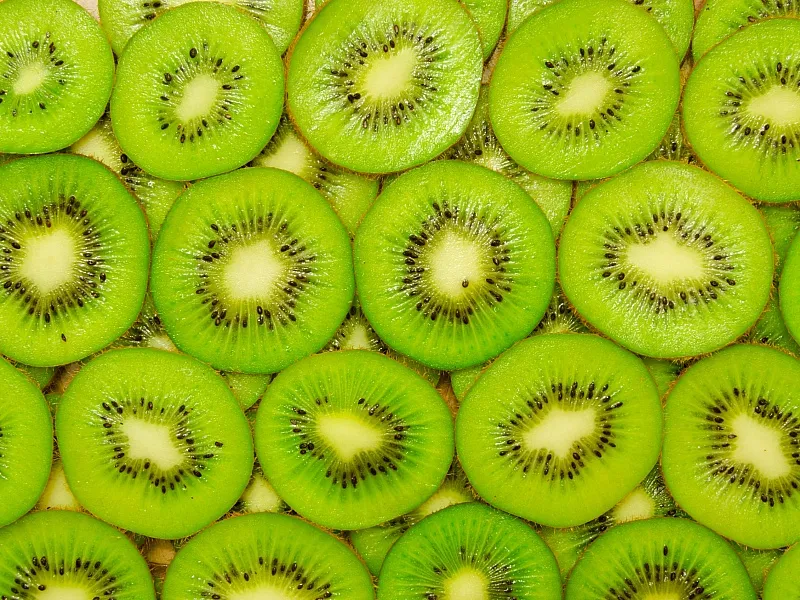
6. Environmental benefits: Kiwi fruit plants have a positive impact on the environment. They contribute to soil conservation by preventing erosion and improving soil structure through their root systems. Additionally, these plants enhance biodiversity and provide habitat for numerous pollinators, benefiting overall ecosystem health.
Disadvantages of kiwi fruit origin plant:
1. Susceptibility to pests and diseases: Kiwi fruit plants are relatively susceptible to various pests and diseases. Common issues include bacterial canker, crown gall, root rot, and pests such as aphids and spider mites. Farmers must remain vigilant and implement appropriate pest management strategies to protect their plants from potential damages.
2. Intensive labor requirements: Kiwi fruit plantations demand significant labor inputs, particularly during pruning, harvesting, and vine management. The labor-intensive nature of kiwi fruit cultivation can be challenging for small-scale farmers or those with limited farming personnel.
3. Market volatility: Although the market demand for kiwi fruits is generally favorable, it is important to note that the agricultural market can be volatile. Fluctuations in supply and demand, changing consumer preferences, and competition from other fruit varieties can all impact the profitability of kiwi fruit cultivation. Farmers need to be aware of market dynamics and adjust their production and marketing strategies accordingly.
Conclusion:
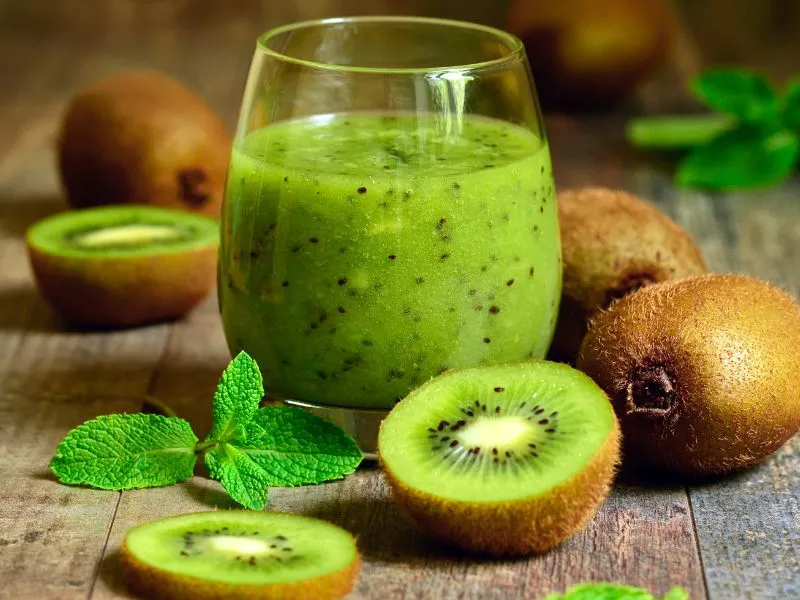
Kiwi fruit origin plants have a host of advantages, including market demand, versatility, and diversification opportunities for farmers. With their high nutritional value and unique flavor, kiwi fruits continue to captivate consumers worldwide. However, the cultivation of kiwi fruits is not without its challenges, such as susceptibility to pests and diseases, labor-intensive requirements, and market volatility. By carefully considering the advantages and disadvantages associated with kiwi fruit origin plants, farmers can make informed decisions about whether to venture into this specialized crop. With proper planning, management, and market awareness, kiwi fruit cultivation can prove to be a rewarding endeavor, offering both economic and environmental benefits to farmers and consumers alike.

